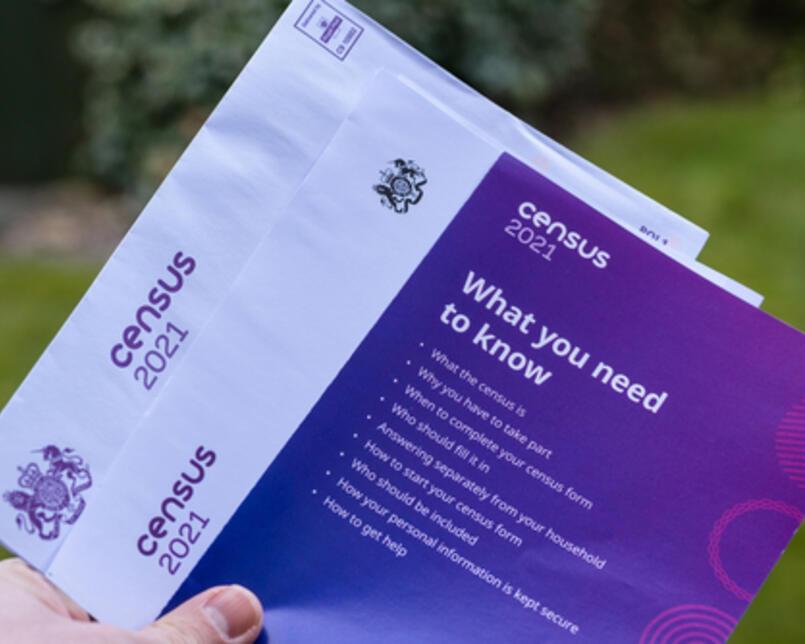Any organisation that provides services to the Jewish community needs to follow the 2021 UK Census results closely
Dr David Graham
and test your family's knowledge of Jews worldwide while reading the Haggadah!
Dr David Graham
The census is a big deal.
It matters to Jewish schools, Jewish charities, Jewish care homes, synagogues, kosher shops and businesses, Jewish security organisations, Jewish news outlets, local and national government, and indeed, just about any organisation that provides services to Jewish people or the Jewish community.
That is why JPR takes census data so seriously. As we have done in the past, our team of expert analysts will be disseminating reports and insights about the 2021 Census data over the coming weeks, months and years. The topics we will cover include Jewish health, care provision, employment, education, partnerships and families, housing, welfare, migration, ethnicity and identity, and, for the first time, sexual identity.
Most people intuitively understand the value of informed decision-making and the added value data bring to policy- and decision-making processes, because without data we are left in the empirical dark and can only rely on instinct and ‘gut feeling’. The British Jewish community is extremely fortunate that in an age of fake news and data scepticism, the national census - the gold standard of data collection - includes a question on religion. That is not the case for many of the world’s largest Jewish communities, and they are the poorer for it, more vulnerable to the whims of the most powerful voices keen to promote personal agendas which may, or may not, coincide with the greatest need or efficient use of charitable donations.

The difference between a census and a survey is that a census counts everyone. That matters because without a clear and accurate understanding of the size and makeup of the Jewish population, we cannot weight survey data accurately to ensure that the results are representative of the Jewish population as a whole. So without a census, our surveys are also weaker.
And a huge advantage of counting everyone repeatedly is that we get an extremely detailed picture of how the Jewish population is changing over time - for example, in which areas it is growing, and in which it is contracting. Census data allow us to see this down to the neighbourhood level, the scale at which Jewish community life happens.
By counting everyone, we obtain data on groups we couldn’t hope to sample accurately otherwise - or, at least, not without enormous expense - groups who might need special service provision from the Jewish community: Jewish children with a long-term illness, single parents, single thirty-somethings, childless forty-somethings, divorced fifty-somethings, retiring sixty-somethings, widowed seventy-somethings, and infirm eighty-somethings. Without the numbers generated by the Census, it becomes extremely difficult to plan services for such an array of different needs.
The Census even allows us to glimpse into the future. The data form the basis of Jewish population projections that allow us to see how many Jewish babies are likely to be born in the next ten, twenty or thirty years, and whether the number of Jewish people in their 80s is set to rise or fall. This is critical information if your organisation provides educational or elderly care services.
Using data from the 2021 and earlier censuses, JPR will spearhead all of this research and more, providing the foundations of the community’s data needs for now and years to come, to help those organisations supporting Jewish people and Jewish life in the UK.
Senior Research Fellow
Senior Research Fellow
David is a Senior Research Fellow at JPR, an Honorary Associate at the Department of Hebrew, Biblical and Jewish Studies at the University of Sydney...
Read more